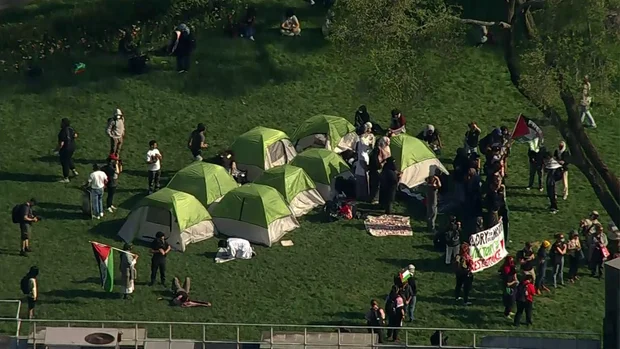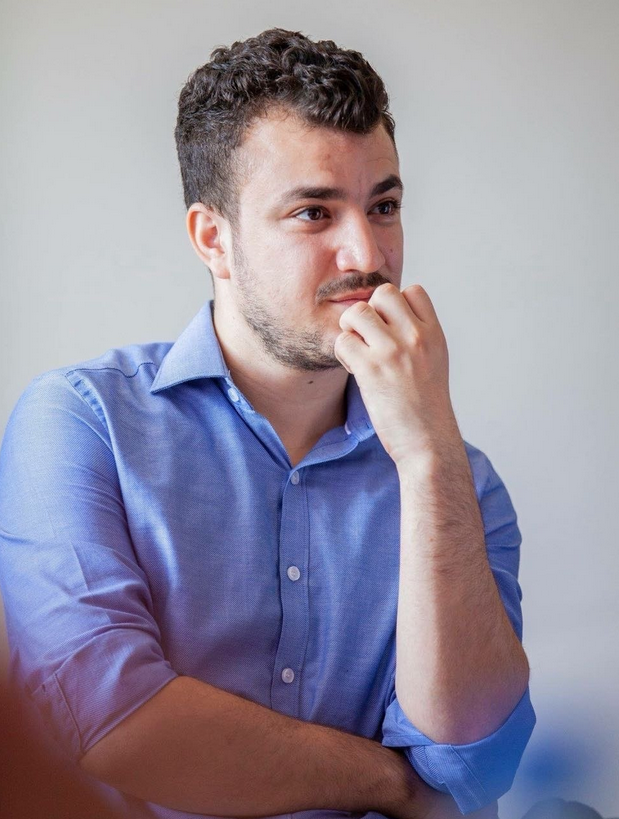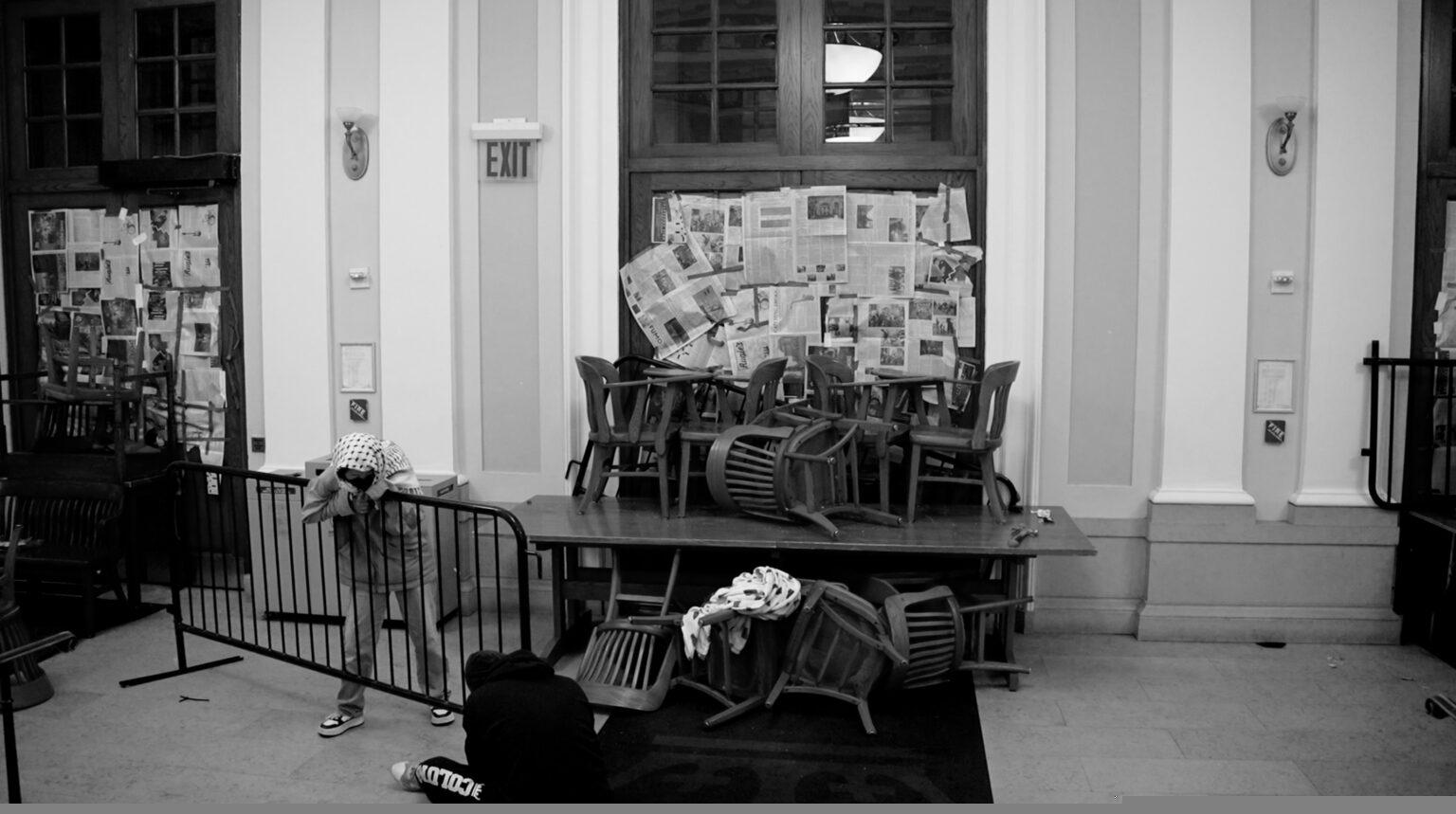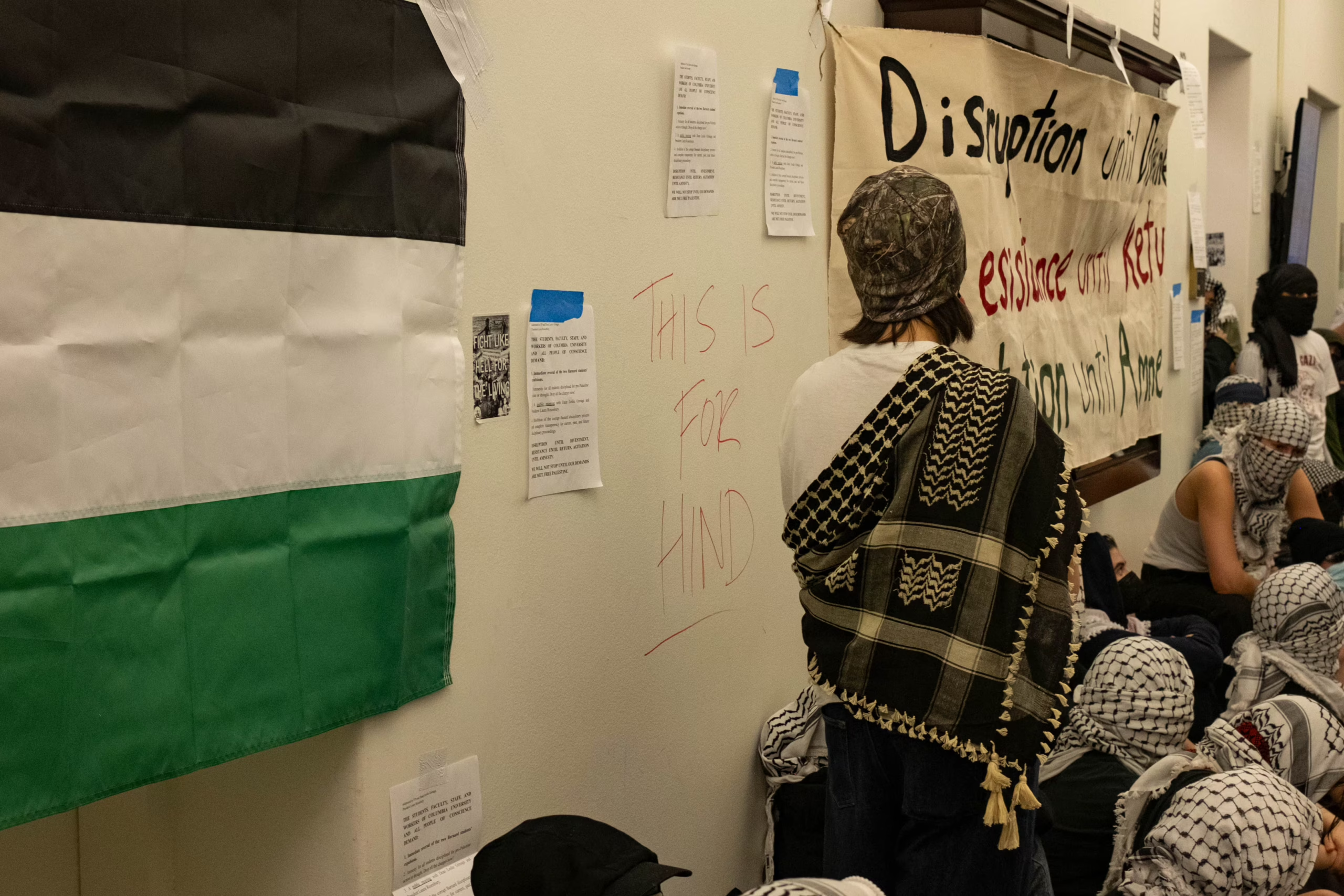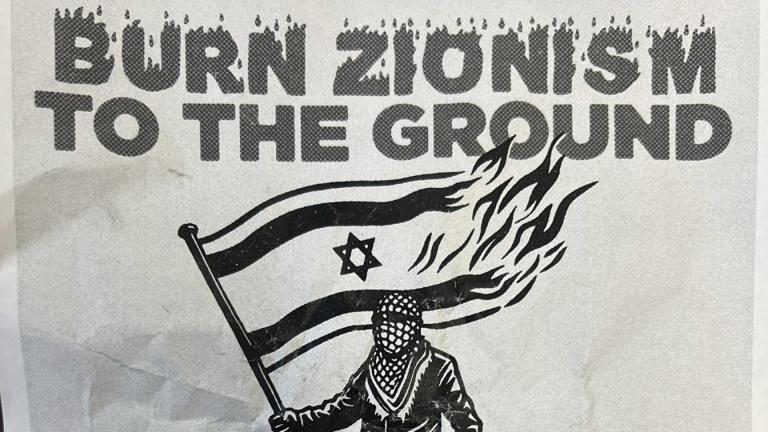July 22, 2025
Columbia University informed dozens of students Monday that they are facing disciplinary action for their participation in the takeover and vandalism of the campus library in 2024 during a pro-Palestinian protest.
The disciplinary measures come as the university negotiates with the Trump administration over alleged civil rights violations and the loss of federal funding.
Columbia is expected to pay a multimillion-dollar settlement to victims of alleged civil rights violations, implement changes to its diversity, equity and inclusion policies, boost transparency about hiring and admissions efforts, and take other steps to improve security and safety on campus for Jewish students, according to one source familiar with the matter.
In return, the source said, the school will regain access to over $400 million in federal funding the Trump administration stripped earlier this year.
On Monday, the university informed more than 70 students that they would be suspended or expelled because of their actions in the May 7, 2024 library disruption and other pro-Palestinian protests that spring.
Roughly two-thirds of those will be hit with suspensions between one and three years, with the majority being hit with two-year suspensions.
Those involved were informed of their punishments on Monday following a probe by the elite school’s University Judicial Board.
On May 7, 2024, pro-Palestinian students took over the Ivy League institution’s library, chanting “Free, free Palestine” and beating drums, according to the report.
Some of the students vandalized the walls and tables, and two public safety officers reportedly were injured while trying to quell the mob, the report states.
A month earlier, the university went on lockdown after anti-Israel protesters took over a campus building, and two custodians said the protesters tried to keep them from leaving.
Police arrested more than 100 protesters after they took over Hamilton Hall, smashing windows, breaking through doors, and barricading themselves inside, while others refused to leave the “Gaza Solidarity Encampment” on a nearby lawn, the student newspaper Columbia Spectator reported.
Later, Columbia canceled its campus-wide commencement ceremony in 2024, citing safety concerns.
Found on mainstream news.

